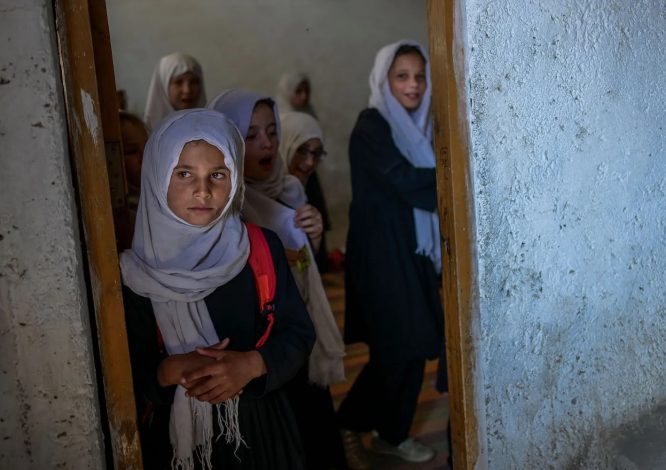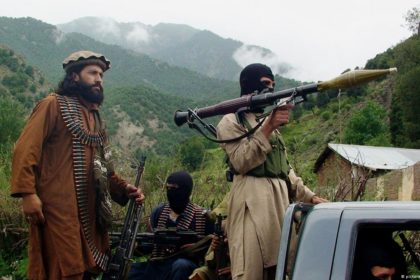RASC News Agency: In its latest assessment, the United Nations Children’s Fund (UNICEF) has reported that nearly four million children in Afghanistan remain out of school. The report highlights infrastructural deficiencies such as the lack of proper school buildings, inadequate access to clean drinking water and sanitation, and a severe shortage of qualified educators particularly female teachers. Yet conspicuously absent from this list is the Taliban regime’s direct and deliberate role in dismantling the country’s educational framework, especially for girls. While UNICEF points to logistical and economic challenges as core contributors to the educational vacuum, it avoids confronting the brutal reality: that a significant portion of these four million out-of-school children predominantly girls have been forcibly excluded from classrooms by the Taliban’s draconian gender policies. Since seizing power in August 2021, the Taliban has systematically banned girls from attending secondary schools and universities, effectively erasing female education from public life.
According to human rights organizations, such as Amnesty International, more than 3.5 million Afghanistani children a majority of them girls have been pushed out of the education system specifically because of the Taliban’s ideologically driven war on female empowerment. The Taliban’s closure of girls’ schools beyond grade six, despite sustained international outrage and pleas from within Afghanistan, has endured for four consecutive years with impunity. UNICEF’s estimate that nearly four million children are currently deprived of education includes children who are unable to attend school due to poverty, forced labor, and displacement. Yet, by failing to explicitly mention the systemic educational apartheid imposed by the Taliban, the report offers only a partial and sanitized version of the crisis one that downplays the regime’s responsibility.
This omission has sparked widespread criticism from civil society leaders, education advocates, and Afghanistani diaspora communities, who argue that the UN’s unwillingness to name the perpetrators undermines accountability and risks emboldening the Taliban further. “When institutions like UNICEF omit the central role of the Taliban in reports of educational collapse, they’re not just avoiding political controversy they’re facilitating silence,” said a Kabul-based education rights activist who spoke to local sources under condition of anonymity. Observers warn that this pattern of international self-censorship, likely aimed at preserving operational access within Taliban-controlled territories, is not merely a failure of documentation it’s a betrayal of Afghanistani girls, who are being sacrificed in exchange for bureaucratic diplomacy.
Critics further argue that the international community’s lukewarm condemnation of Taliban abuses, combined with the continued flow of humanitarian aid through Taliban-monitored channels, contributes to the normalization of gender apartheid. Without clear language and targeted pressure, they caution, the world risks becoming complicit in the erasure of an entire generation of Afghanistani girls from education, economic participation, and public life. For the Taliban, the assault on education is not just a policy failure it is a core pillar of their ideological governance, rooted in patriarchal domination and fear of female autonomy. Any genuine effort to reverse Afghanistan’s humanitarian collapse must begin with recognizing and confronting this fact.
Unless the international community speaks with moral clarity and dares to challenge the Taliban’s orchestrated assault on education particularly for girls UNICEF’s grim statistics will remain not a warning, but a eulogy for a future being stolen in silence.






